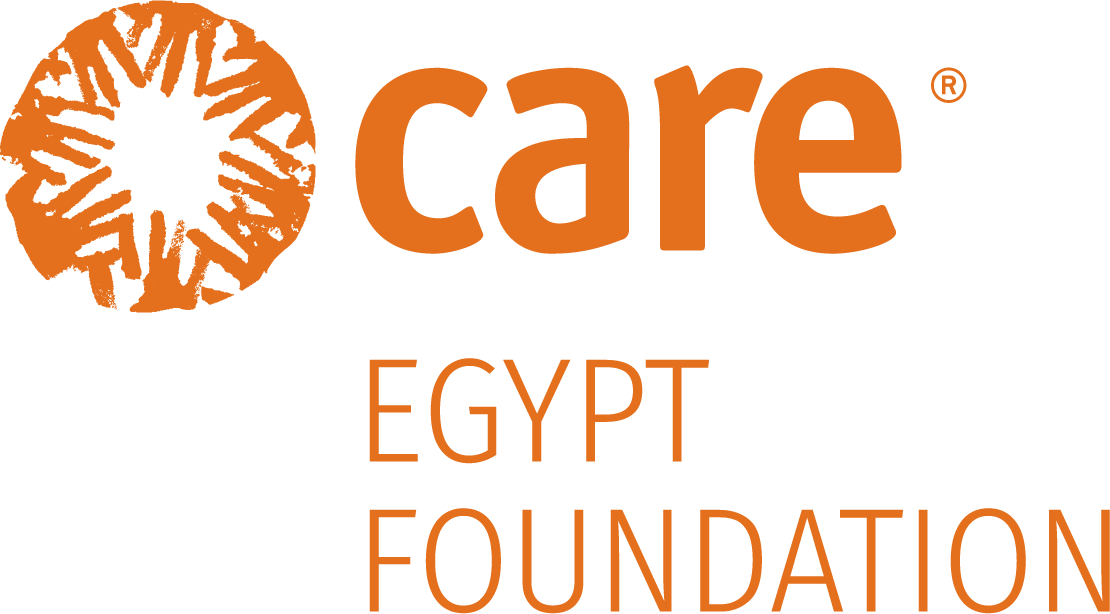Care approach is integrated into our humanitarian & development work across the programs. Guidance and tools are used by project teams and partners to operationalize gender equality in project Design, implementation, Research and Learning.
CARE Egypt has defined an overarching approach for our programs: to tackle the underlying causes of poverty and social injustice and to bring lasting change to the lives of poor and vulnerable people. It means that the focus of our actions is determined from analyzing the underlying causes of poverty and drivers of change at all levels. This leads us to identify the most impactful level and course of action in line with CARE’s vision and expertise, alongside our partners and allies. Within this framework, CARE prioritizes three ways of addressing the main underlying causes of poverty and social injustice: gender inequality; poor governance & unequal power relations; and humanitarian crises and climate change.
These three elements of the CARE approach are: Strengthening gender equality and women’s voice; Promoting inclusive governance; and Increasing resilience. These apply to all CARE’s work, in humanitarian and long-term programming in Egypt and globally. Gender, Governance and Resilience Markers have been developed to review levels of integration of these elements of CARE’s approach in all proposals and projects (at least on an annual basis).
Based on CARE’s commitment to the rights of all people to live free from poverty, we promote the empowerment of women and girls, and engage with men and boys, to transform unequal power relationships and address gender inequality. We have a particular emphasis on strengthening the voice of women and girls and enabling them to influence the decisions that affect their lives.
CARE and partners work to promote good governance in three areas of change: a) empowering poor and excluded people to know and act on their rights and interests; b) influencing those in power – such as Governments, the Private Sector or traditional leaders – to be more responsible, responsive and accountable; and c) convening spaces and brokering linkages to enable inclusive and effective negotiations between the two.
With our partners, CARE bypassed the traditional efforts in dealing with civil society and moved towards strengthening the role of civil society organizations in local communities, representing the interests and voice of citizens towards different powers and institutions. CARE has transformed its efforts from strengthening institutional capabilities only to community acceptance of civil society role as a voice for the people and agent of change in local communities.
Help Care Fight Hunger
If we don’t do something, 1.4 billion people could be hungry by 2050.


